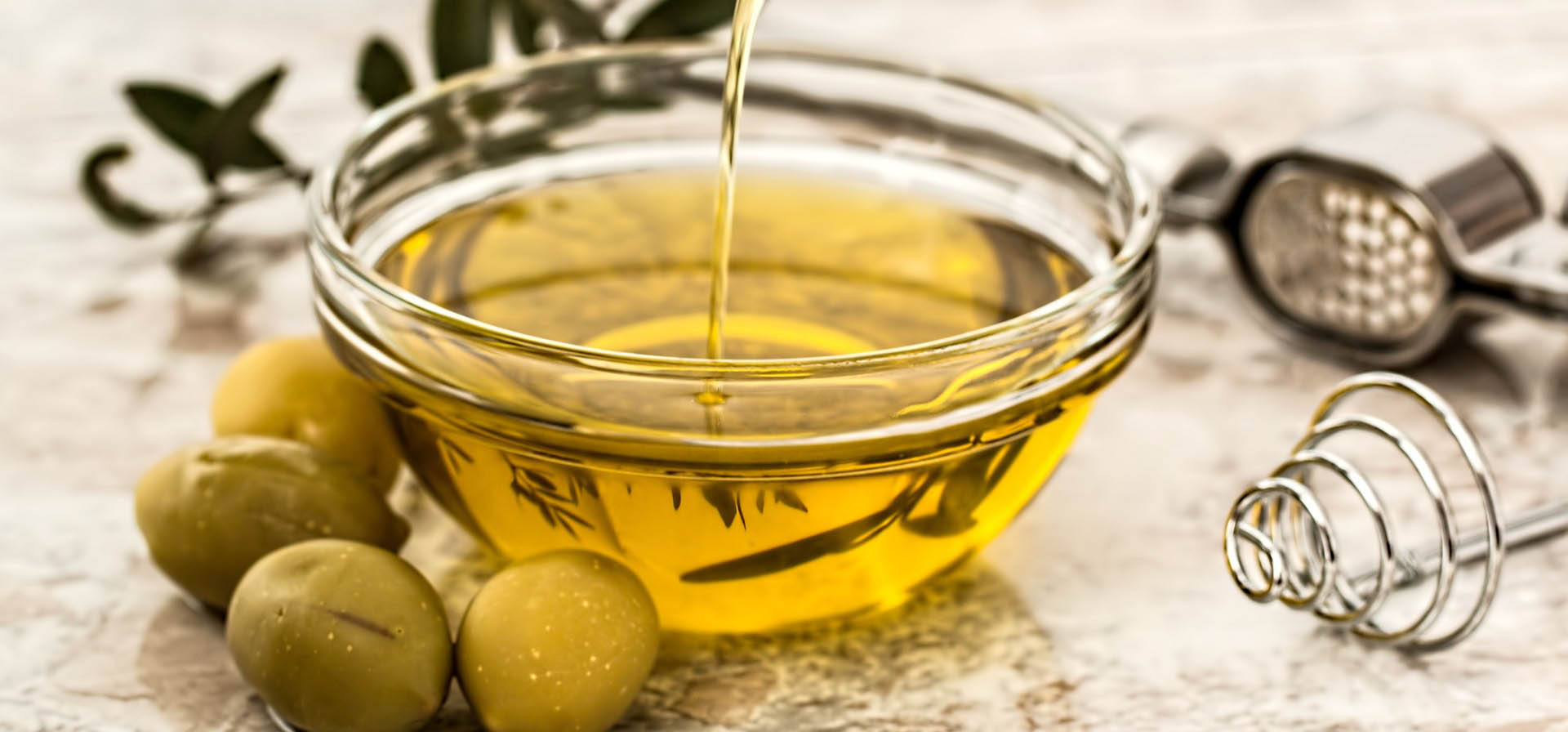
The plant of origin of the olive tree (olea - european) which creates the Apulian oil is the Oleaster, and the first findings, fossil leaves, date back to about a millennium of years ago. The historian Herodotus (484-425 BC) believed that only in Athens and nowhere else were there olive trees. According to Greek mythology, it was the goddess Athena who planted the first olive tree which, with its fruits, would give all men a wonderful juice (Apulian oil). For the Greeks the olive tree was considered a sacred plant (symbol of strength, faith, peace), so much so that anyone who damaged or uprooted it was punished with exile. The composition of Apulian oil makes it a product with ideal organoleptic qualities for a correct diet. The Apulian oil, in fact, not only to flavor our foods, but above all to introduce substances into the body (oleic acid, carotenes, tocopherol, vitamin E, and other phenolic compounds which contribute to its balanced development, protection against diseases degenerative and slowing down the aging process.
Puglia, with its over 50 million olive trees, is in first place when it comes to the production of olives and Apulian oil and for this reason we can say that it is undoubtedly the most important Italian olive-growing region. The Apulian oil produced there is strictly extra virgin (virgin olive oil, of impeccable taste, whose acidity cannot be higher than 1 g. per 100 g.). The extra virgin olive oil from Puglia, depending on the olives from which it is produced, has different characteristics. The most delicate quality of extra virgin olive oil, golden yellow in colour, with a sweet taste and a slight tingling sensation, is ideal for preparations served raw. The medium type, with an intense yellow colour, a mild and slightly herbaceous flavour, is suitable for steamed and salt-cooked preparations. For those who want to immerse themselves in nature and in the true and authentic tasting of extra virgin olive oil, the B&B Carpe Diem organizes the Olive oil tasting.





